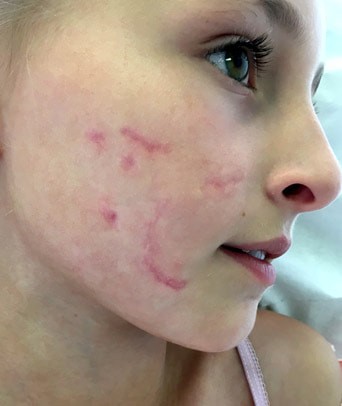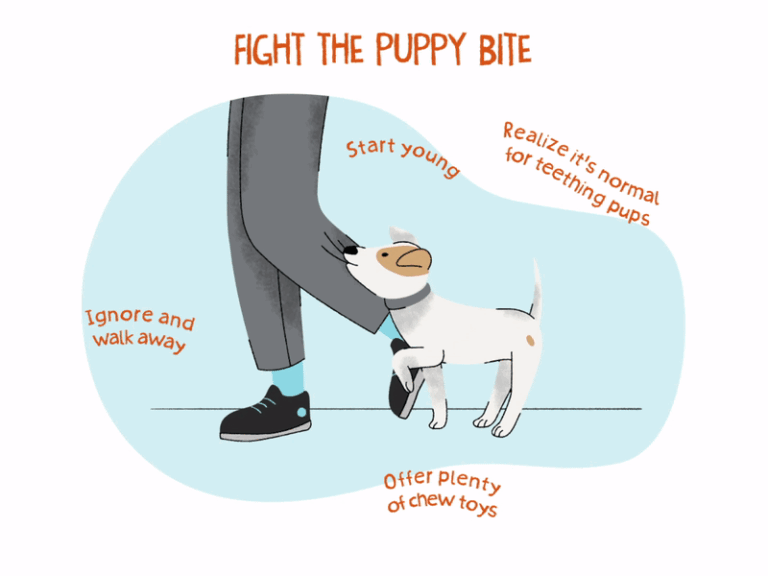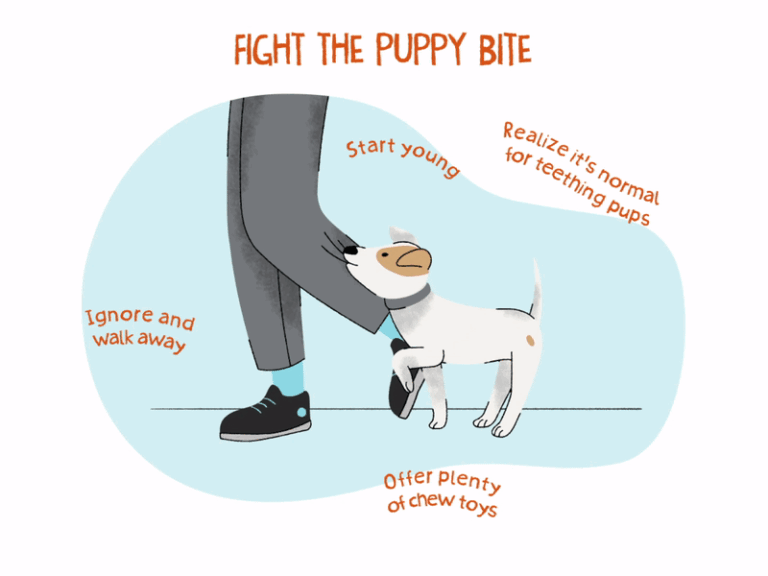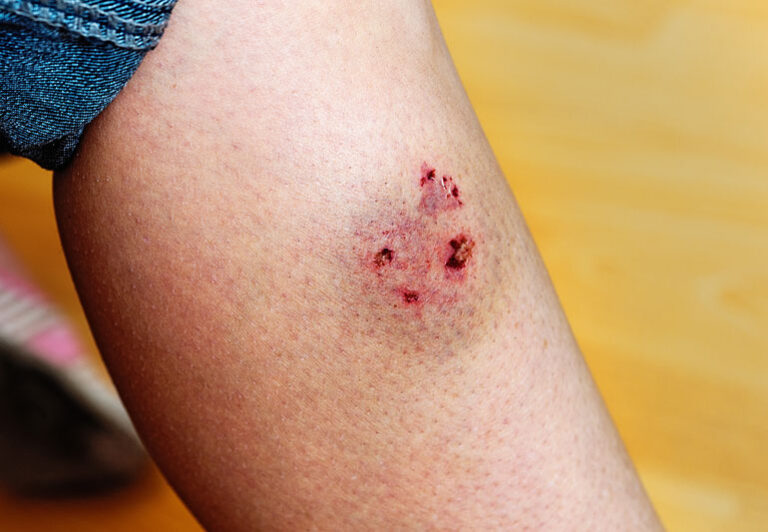Types of Dog Bites
There are two types of dog bites: puncture and non-puncture. Puncture wounds are caused by the teeth penetrating the skin, while non-puncture wounds are caused by the teeth scraping the skin. Both types of wounds can be painful and can lead to infection.
How are animal bites treated?
Animal bites can be treated by cleaning the wound with running water and soap, then applying a bandage. If the bite is deep, punctures a tendon, or there are other signs of infection, you should seek medical attention. Your doctor may prescribe an antibiotic to prevent infection. If you have not had a tetanus shot in the past 5 years, you may also need a booster shot.
Which infections result from animal bites?
Animal bites are a common problem in primary care. Dog bites are the most common type of animal bite, but other animals such as cats, rabbits, and rodents can also cause bites. Bites can range from small scratches to deep lacerations. Proper wound care is important to prevent infection. Prophylactic antibiotics are sometimes recommended for animal bites, especially if the wound is deep or there is a risk of infection. In some cases, surgical repair may be necessary to close the wound. A scar may remain after the wound has healed.
What are the symptoms of infection after an animal bite?
The symptoms of infection after an animal bite can vary depending on the type and severity of the bite. However, some common symptoms include redness, swelling, pain, and/or warmth at the site of the bite; fever; and/or lymphadenopathy (enlarged lymph nodes). If the infection is left untreated, it can spread to other parts of the body and cause more serious symptoms, such as sepsis (a potentially life-threatening condition caused by infection); organ failure; and/or death. If you think you may have an infection after an animal bite, it is important to seek medical attention immediately.
Animal Bites and Potential for Rabies
Animal bites can transmit rabies, a serious and potentially fatal disease. If you are bitten by an animal, seek medical attention immediately and tell the doctor about the bite. You may need a rabies vaccine and/or antibiotics. Animals with rabies may appear friendly, but they can be very dangerous. Do not approach or handle any animal you suspect may be rabid.
When should prophylactic antibiotics be used in dog bites?
Prophylactic antibiotics should be used in dog bites when the bite wounds are severe. Animal bites can lead to serious infections, so it is important to seek medical attention as soon as possible. If the bite wounds are not severe, prophylactic antibiotics may not be necessary.
Possible Complications
There are a few possible complications that can occur from an animal bite. If the bite is deep, you may need stitches. This can leave a scar. Bite wounds can also damage tendons and muscles. If the animal has rabies, you may need to get a rabies shot.
Dog Bite Treatment at Home
If you are bitten by a dog, it is important to seek medical treatment immediately. If the dog is wild or stray, you may need to be treated for rabies. If the dog is vaccinated, you may not need to be treated for rabies, but you should still see a doctor.
Wash the wound with soap and water and apply a bandage. Signs of infection include redness, swelling, and pus. If you develop any of these signs, see a doctor immediately.
First Aid Steps
If you have been bitten by an animal, the first thing you need to do is stop the bleeding. Apply pressure to the wound with a clean cloth. If the bleeding is severe, call 911 or go to the nearest emergency room. Once the bleeding has stopped, wash the wound thoroughly with soap and water. Apply an antibiotic ointment to the wound and cover it with a clean bandage. If you have been bitten by a dog, you should also contact your local animal control for further instructions.







